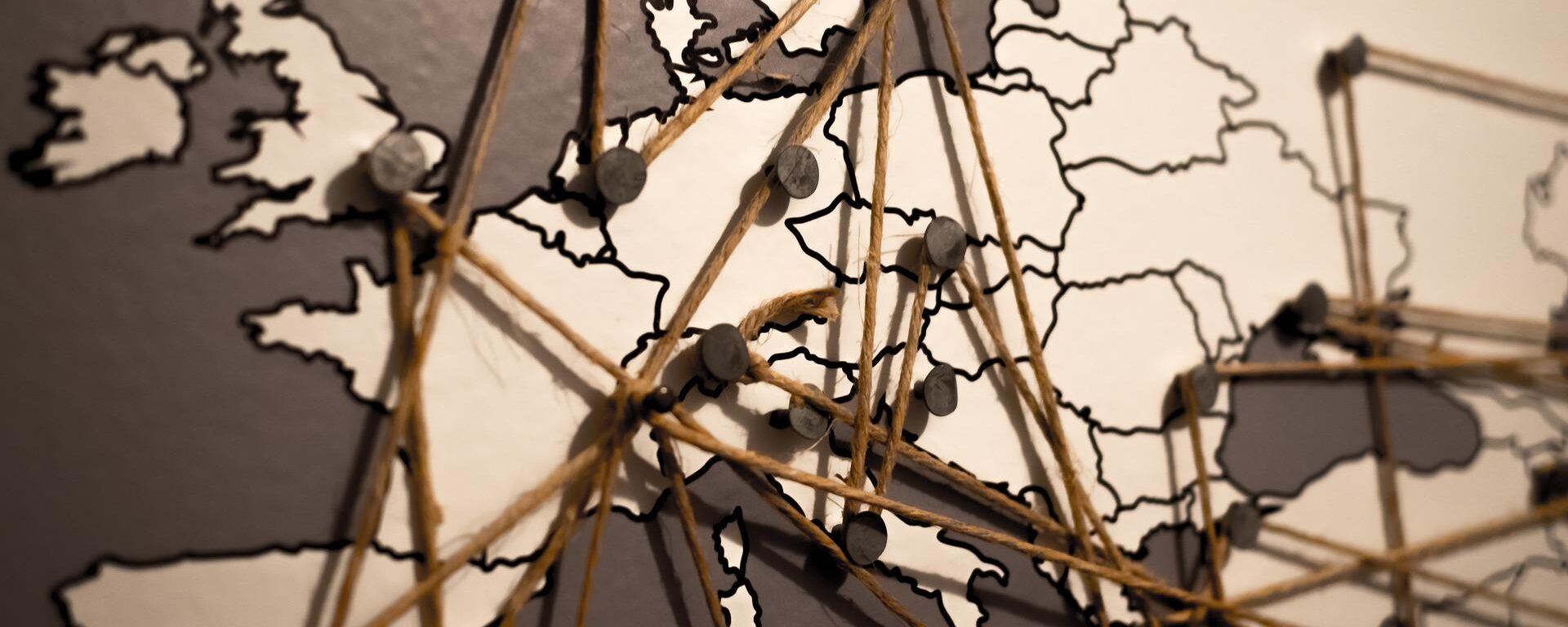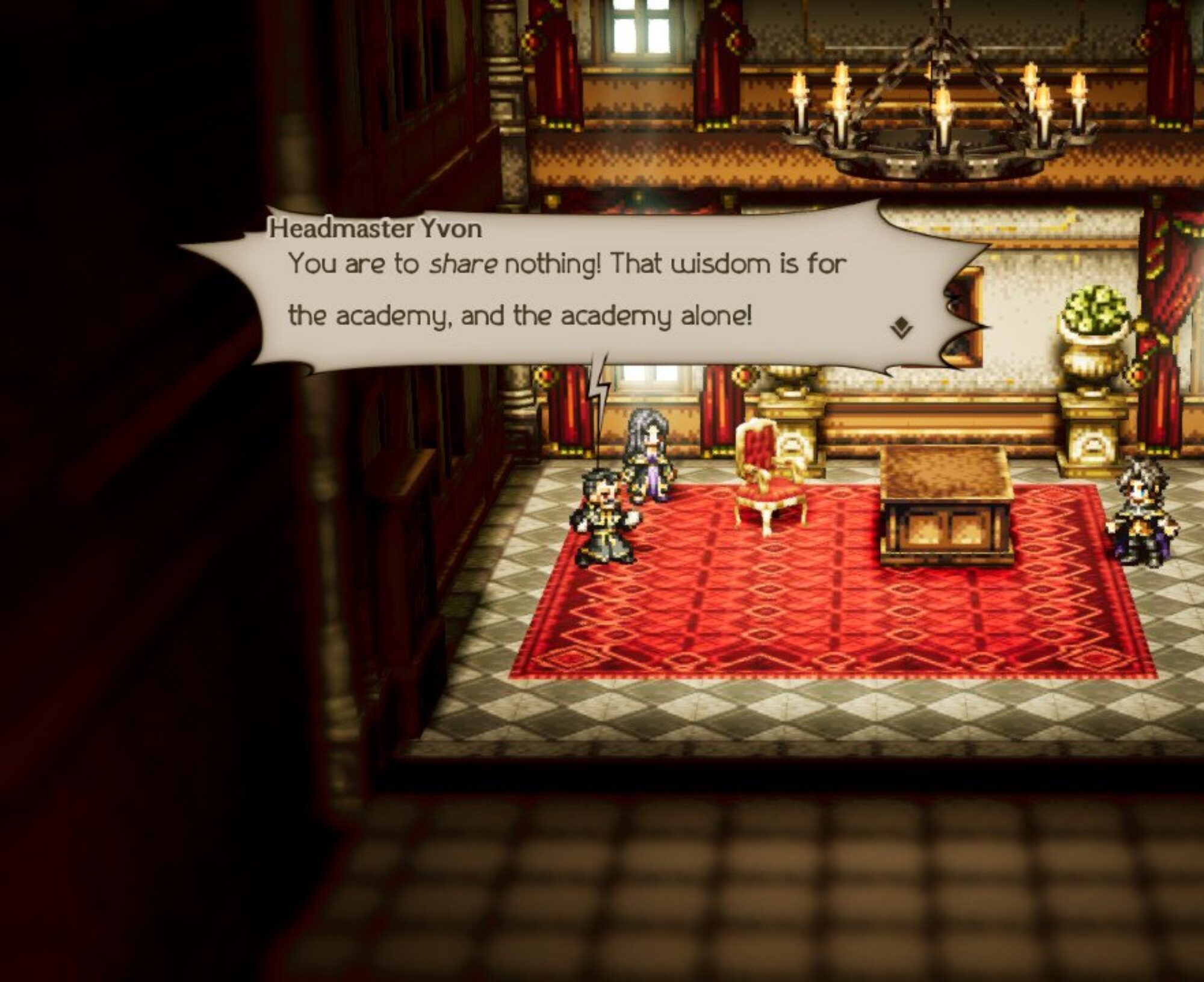Copyright Literacy That Crosses Borders

Who owns the millions of research articles, data sets, and educational materials created in the academy every year? How can scholars meaningfully engage with and ethically contribute to the varied communities and cultures that make up our lived experiences? And how can systems of open knowledge be developed that support the most effective, inclusive, and engaging scholarly practices needed to help address the big problems in society? The increasingly global open knowledge community needs answers to these questions that they can apply in their own work. They also need answers that they can rely on when they partner across national borders and share with colleagues and communities around the world.
I am currently conducting research as a Fulbright-Schuman Scholar to understand and help develop the core legal and intellectual infrastructure needed to develop a global body of open knowledge. In the winter and spring of 2022-23 I will study the copyright literacy practices of Dutch researchers at The Institute for Information Law (IViR). Next, I will conduct comparative research across the EU with the ten European consortium members participating in the reCreating Europe Project to understand their copyright literacy practices as they relate to research done across the borders of individual EU nations. Finally, I will explore the Codes of Fair Practice model, a particularly promising model for knitting together national laws in order to create shared practices for the EU open knowledge community. This research includes three overlapping phases of work.
Translation: Applying Copyright Rules in Open Knowledge Practices
 In the Netherlands I will explore the ways that EU open knowledge communities develop and rely on copyright literacy. What existing strategies are used by researchers to understand copyright as it applies to creating and sharing materials openly? How do educators support these practices through training and guidance? In order to understand how these rules are made meaningful, I will conduct a series of semi-structured interviews and focus groups, placing in conversation both the researchers that rely on this literacy and the educators that support it.
In the Netherlands I will explore the ways that EU open knowledge communities develop and rely on copyright literacy. What existing strategies are used by researchers to understand copyright as it applies to creating and sharing materials openly? How do educators support these practices through training and guidance? In order to understand how these rules are made meaningful, I will conduct a series of semi-structured interviews and focus groups, placing in conversation both the researchers that rely on this literacy and the educators that support it.
Harmonization: Connecting Copyright Literacy Across National Borders
 In the second phase of my research, I will explore the ways in which copyright literacy in individual EU nations with distinct legal traditions does or does not support the cross-border collaboration and sharing at the heart of open knowledge movements. How do cross-border partners working in nations with diverse legal rules build practices grounded in the shared national and EU-level values of open knowledge? How do open knowledge educators support copyright literacy that can make those aspirations a reality? I will conduct focus groups and semi-structured interviews with open knowledge professionals and may also supplement these with short surveys that can reach wider audiences more quickly. These conversations will explore shared values in pan-EU open knowledge communities and attempt to triangulate areas where copyright supports shared practices based on generally lawful activities such as quotation of existing materials or use in noncommercial classroom education.
In the second phase of my research, I will explore the ways in which copyright literacy in individual EU nations with distinct legal traditions does or does not support the cross-border collaboration and sharing at the heart of open knowledge movements. How do cross-border partners working in nations with diverse legal rules build practices grounded in the shared national and EU-level values of open knowledge? How do open knowledge educators support copyright literacy that can make those aspirations a reality? I will conduct focus groups and semi-structured interviews with open knowledge professionals and may also supplement these with short surveys that can reach wider audiences more quickly. These conversations will explore shared values in pan-EU open knowledge communities and attempt to triangulate areas where copyright supports shared practices based on generally lawful activities such as quotation of existing materials or use in noncommercial classroom education.
Codes of Fair Practice: Core Intellectual Infrastructure for Open Knowledge
 Building from the foundation developed in the first two phases, I will finally explore the first EU-based example of the Codes of Fair Practice model. In partnership with researchers at IViR and their partners in the reCreating Europe project, I will explore existing work as well as opportunities to expand this work into other areas of open knowledge at the national level and as a way to knit together EU-wide practices. I will conduct interviews and assess this work using surveys to understand and document how this resource is used and how it might be improved.
Building from the foundation developed in the first two phases, I will finally explore the first EU-based example of the Codes of Fair Practice model. In partnership with researchers at IViR and their partners in the reCreating Europe project, I will explore existing work as well as opportunities to expand this work into other areas of open knowledge at the national level and as a way to knit together EU-wide practices. I will conduct interviews and assess this work using surveys to understand and document how this resource is used and how it might be improved.
Updates and Materials
 This project has major implications for scholarly communities navigating the interdisciplinary, open future of knowledge production. With a more complete understanding of and a clear framework for harmonizing transnational copyright literacy, open knowledge professionals can build a shared body of knowledge and practices for more open, impactful, and equitable systems of global knowledge. All research, data sets, and published materials will be made openly available in this OSF Project page. You can also follow along through blog posts and my Twitter account. If you have questions or would like to discuss the project please reach out any time.
This project has major implications for scholarly communities navigating the interdisciplinary, open future of knowledge production. With a more complete understanding of and a clear framework for harmonizing transnational copyright literacy, open knowledge professionals can build a shared body of knowledge and practices for more open, impactful, and equitable systems of global knowledge. All research, data sets, and published materials will be made openly available in this OSF Project page. You can also follow along through blog posts and my Twitter account. If you have questions or would like to discuss the project please reach out any time.
